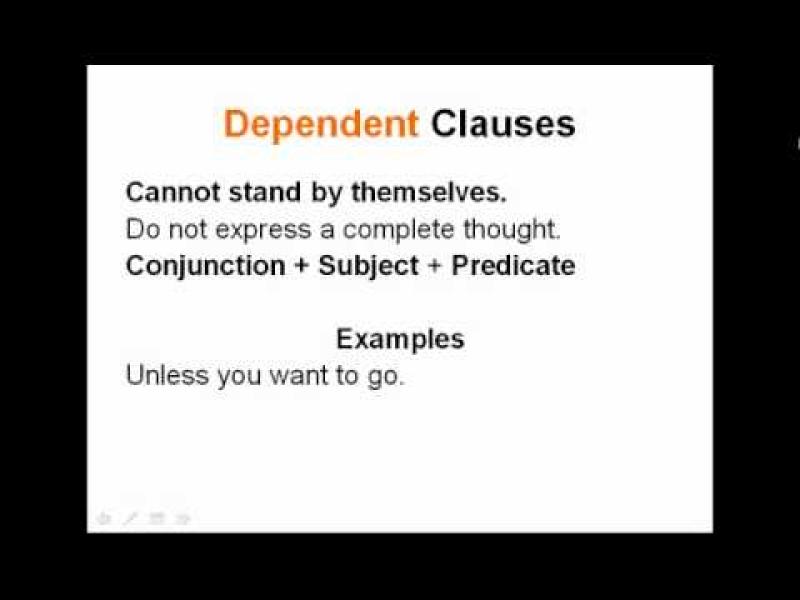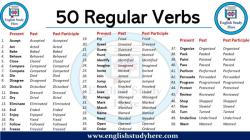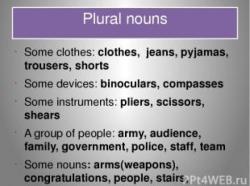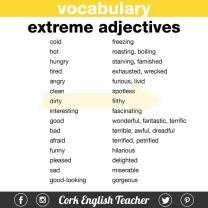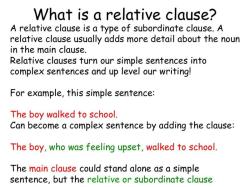What is the difference between independent clause and dependent clause?
An independent clause and a dependent clause are both components of sentence structure, and understanding the difference between them is fundamental to constructing clear and grammatically correct sentences.
Independent Clause:
Definition: An independent clause, also known as a main clause, is a group of words that contains a subject and a predicate (verb) and expresses a complete thought. It can stand alone as a complete sentence because it conveys a full idea.
Example: "She went to the store."
In this sentence, "She" is the subject, "went" is the verb, and the clause expresses a complete thought, making it an independent clause.
Dependent Clause:
Definition: A dependent clause, also called a subordinate clause, is a group of words that also has a subject and a predicate but does not express a complete thought. It relies on an independent clause to form a complete sentence.
Example: "Because she went to the store."
In this example, "Because she went to the store" has a subject ("she") and a verb ("went"), but it doesn't provide a complete idea. It leaves the reader or listener wondering more and needs to be attached to an independent clause to form a complete sentence.
Key Differences:
Independence:
- An independent clause can stand alone as a complete sentence.
- A dependent clause cannot stand alone; it needs to be combined with an independent clause to form a complete sentence.
Complete Thought:
- An independent clause expresses a complete thought.
- A dependent clause does not express a complete thought on its own.
Connector Words:
- Independent clauses can be linked to each other with coordinating conjunctions (and, but, or) to form compound sentences.
- Dependent clauses often begin with subordinating conjunctions (because, although, if) or relative pronouns (who, which, that).
Examples of Combining Independent and Dependent Clauses:
Independent Clause + Independent Clause:
- "She went to the store, and she bought some groceries."
Independent Clause + Dependent Clause:
- "She went to the store because she needed to buy some groceries."
Dependent Clause + Independent Clause:
- "Because she needed to buy some groceries, she went to the store."
Understanding the distinction between independent and dependent clauses is crucial for constructing sentences that are grammatically correct and convey clear meaning. It allows for the creation of various sentence structures and types, enhancing the richness of written and spoken language.
Sure, here is a summary of independent and dependent clauses:
Independent Clauses
An independent clause is a group of words that expresses a complete thought and can stand alone as a sentence. It has a subject and a verb, and it can convey a complete idea without relying on another clause for its meaning.
Dependent Clauses
A dependent clause is a group of words that does not express a complete thought and cannot stand alone as a sentence. It lacks either a subject, a verb, or both, and it relies on an independent clause for its meaning.
| Feature | Independent Clause | Dependent Clause |
|---|---|---|
| Completeness | Expresses a complete thought | Does not express a complete thought |
| Ability to stand alone | Can stand alone as a sentence | Cannot stand alone as a sentence |
| Subject | Has a subject | May or may not have a subject |
| Verb | Has a verb | May or may not have a verb |
| Meaning | Conveys a complete idea without relying on another clause | Relies on an independent clause for its meaning |
Examples
Independent clauses:
- The sun is shining.
- The birds are singing.
- I love to eat pizza.
- She is a talented artist.
- He is a skilled programmer.
Dependent clauses:
- because it is delicious
- while they are flying
- when I am hungry
- who paints beautiful landscapes
- who codes complex algorithms
Complex sentences
A complex sentence is a sentence that contains at least one independent clause and one or more dependent clauses. The dependent clauses are connected to the independent clause by subordinating conjunctions or conjunctive adverbs.
Examples
- The sun is shining because it is a beautiful day.
- The birds are singing while they are flying in the sky.
- I love to eat pizza when I am hungry.
- She is a talented artist who paints beautiful landscapes.
- He is a skilled programmer who codes complex algorithms.
I hope this helps!
